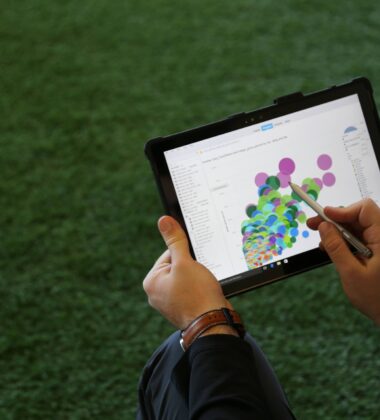Introduction To AI With Google Ads

In the competitive digital marketing and advertising world, staying ahead of the curve is essential for success. And guess what? We have some powerful tools at our disposal: machine learning (ML) and artificial intelligence (AI).
Specifically, the combination of natural language processing (NLP) models, generative AI tools, clean customer data, a touch of human creativity, and an understanding of human psychology can work wonders for your Google Ad campaigns.
In this blog post, we'll explore how AI can take your Google Ads to the next level and provide some ideas for optimizing your ad performance using this revolutionary tech. Let's dive in and uncover the possibilities together!
A Quick Intro To Natural Language Processing (NLP)
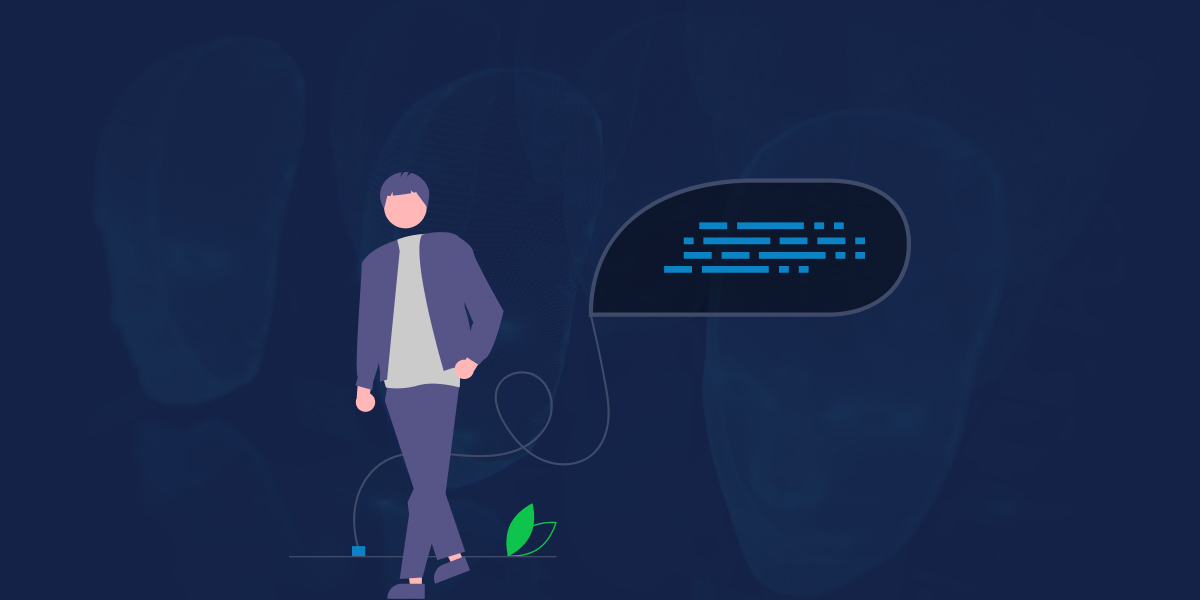
Before we explore the world of AI and its impact on Google Ads, let's briefly begin by getting familiar with Natural Language Processing (NLP).
NLP is an exciting field within AI that focuses on understanding and interpreting human language, whether written or spoken. It's like teaching computers to comprehend and respond to us in an almost human-like way.
Pretty cool, right?
One remarkable example of NLP in action is ChatGPT. It's an application powered by an NLP model that harnesses the power of deep learning and a technique called transformer architecture.
What does that mean? Well, take ChatGPT, for example, it can read and understand text-based information in a truly impressive way.
Imagine having a chatbot or virtual assistant who understands what you're saying and responds precisely and accurately (okay, maybe not accurate, but you can get pretty close with the appropriate prompts). That's the power of NLP at work! ChatGPT and other similar tools find applications in various fields, such as chatbot development, virtual assistants, language translation, and even helping with writing tasks like messaging that resonates with your target audience.
By leveraging NLP, businesses can create powerful interactions and unlock new possibilities in user experiences. So, as we journey deeper into the world of Google Ads and AI, remember that NLP is the secret ingredient that adds a touch of magic to how computers understand and responds to our language. Exciting, isn't it? Let's continue our exploration and briefly talk about what generative AI is so that we can later discover how NLP AI can elevate your Google Ad campaigns to new heights (CASE STUDY).
A Brief Introduction To Generative AI
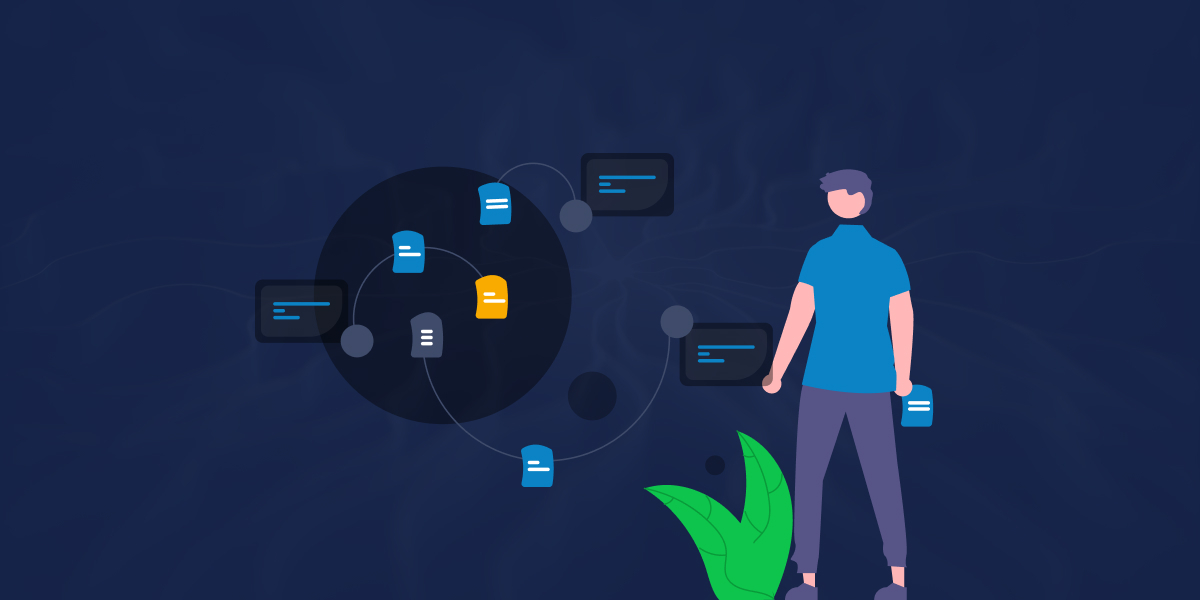
So we've laid the groundwork for NLP, but let's now dip into another fascinating aspect of AI: Generative Artificial Intelligence.
Generative AI takes things to a whole new level by allowing AI systems to create fresh content, like images, text, audio, and even videos, that closely resemble what they were trained on.
These models, using deep learning techniques and generative models, uncover patterns and capture the underlying structure of the training data.
Think of these AI systems as intelligent artists. They've learned from a vast collection of examples and can now generate new instances that are realistic and coherent. Just like an artist who can paint pictures of animals based on what they've seen, these AI models can generate new animal images that look so real you might mistake them for photographs.
Regardless, it's important to note that while these models can produce impressive outputs, they don't truly "understand" what they're creating and will only be as good as the input and prompts presented to them. They do what a computer is really good at, which for AI relies on their input or "knowledge" of patterns and relationships in the training data to generate new content. It's like having a creative assistant who can replicate what they have learned and create something fresh based on that knowledge. Therefore, it is essential to recognize that this is where your marketing creativity and customer knowledge will come into practice.
Next, we'll focus on the heart of the matter: using AI to improve your Google Ad campaigns.
How Can AI Help Your Google Ad Campaigns
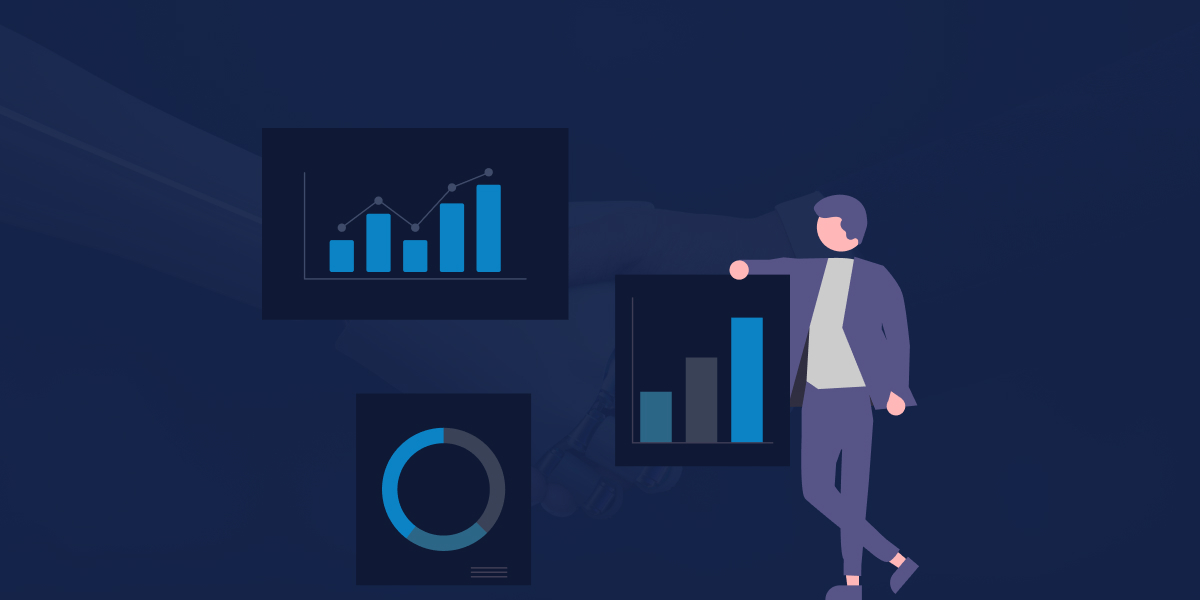
Now that we've touched on the incredible world of NLP and Generative AI let's talk about how these cutting-edge technologies can supercharge your Google Ad campaigns. After all, in the highly competitive realm of digital advertising, staying ahead of the curve is crucial to your success.
Incorporating AI into your advertising strategies gives you a game-changing advantage that can propel your ad performance to new heights. But why should you consider embracing AI in the first place? Let's uncover a few reasons.
AI can quickly extract invaluable insights from your data and learn from it. By utilizing and leveraging advanced algorithms and machine learning capabilities, AI enables you to dive deep into your customer data, uncovering hidden patterns and trends that allow you to improve campaign performance overall—so long as you are providing the AI with the correct data. Unsure what that is? Reach out to us—we’re experts at this part.
Imagine having the ability to analyze customer sentiments, preferences, and language patterns on a large scale. AI-driven tools provide you with precisely that. By deciphering the actions and language of your target audiences, you can craft compelling and highly-tailored ad copy that resonates with their needs and desires, captures their attention, and compels them to take action. This translates to higher click-through rates and more conversions. More to come on tools and details for this below.
Moreover, AI lends its power to optimize your keyword research and targeting efforts. By leveraging AI capabilities, you can tap into cutting-edge keyword analysis tools. These tools utilize AI algorithms to identify your ads' most relevant and high-performing keywords, and even more so if you attach your customer data to the AI algorithm. This ensures that your message reaches the right audience at the right time, increasing the visibility and effectiveness of your campaigns.
But AI's impact doesn't stop there. It also revolutionizes the relevance and quality of your copy. You can create highly relevant and personalized ads and landing pages that align closely with user search queries through AI-powered algorithms that understand language and user intent. This boosts your ad's quality score and improves its chances of being shown to your target audience, resulting in lower costs per click and higher ad rankings.
Lastly, AI unlocks the potential for precise audience targeting and segmentation. You will better understand your audience's preferences, demographics, and interests by employing NLP techniques, sentiment analysis, and customer profiling. Armed with this knowledge, you can design laser-focused ad campaigns that resonate with specific customer segments. This hyper-targeted approach enhances engagement, boosts conversion rates, and maximizes the return on your ad investment.
Okay, this sounds great, but how do you improve your Google Ads campaigns? Keep reading.
Quick Wins Using AI To Improve Your Google Ads
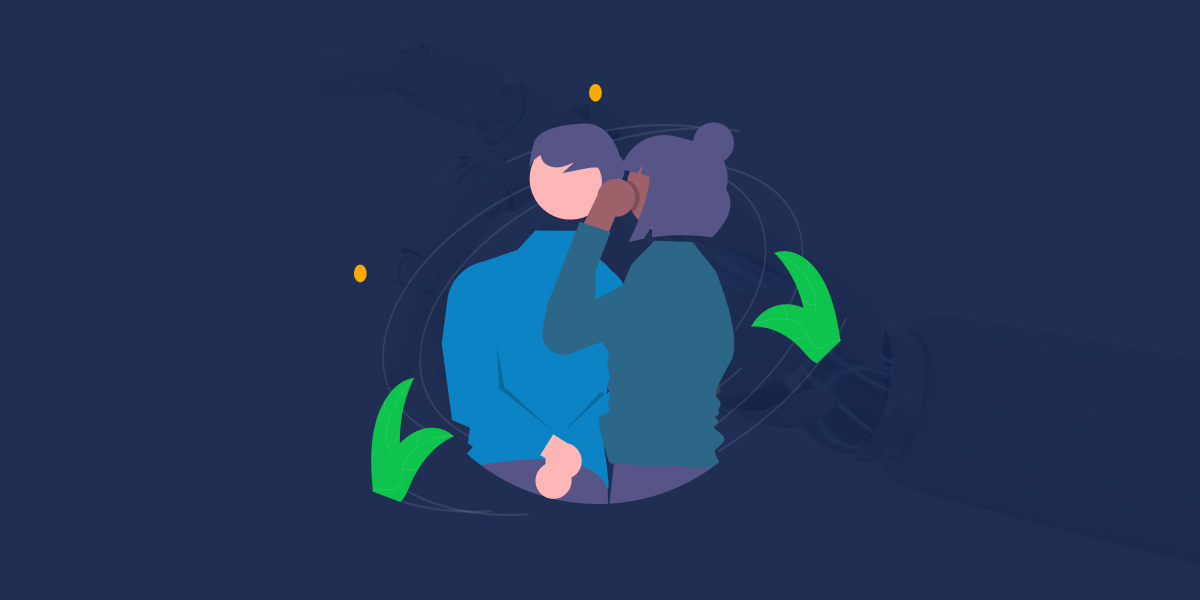
Now that we understand the power of AI and its impact on Google Ads let's dive into some quick wins that can help you optimize your ad performance using this revolutionary technology. By incorporating AI into your Google Ads strategies, you can gain a competitive edge and take your campaigns to new heights. Here are some quick and accessible options to get you started
Ad and Landing Page Copy Optimization
Take advantage of AI-powered copywriting tools. These tools use natural language processing (NLP) techniques to analyze customer sentiments, preferences, and language patterns. By generating highly-tailored ad copy that resonates with your target audience, you can increase click-through rates and conversions.
Popular ad & landing page copy optimization AI tools include:
So how exactly do you use these to optimize ads and landing pages?
- Outline your brand tone of voice and brand pillars.
- Outline your target and highest value customer segment attributes.
- Outline your account architecture (campaign segments, messaging for each, and associated landing pages) to align with your customer segments.
- Depending on your tool of choice, develop a prompt that focuses on a specific campaign segment from your account, and ask the tool to grade your ad and landing page messaging against your high value customer segment attributes and brand tone + pillars.
- Refine the prompt to get specific recommendations on ad attributes to test, and above the fold landing page messaging options to test.
Keyword Research and Targeting
Optimize your keyword selection with AI-driven keyword analysis tools. These tools utilize machine learning algorithms to identify relevant and high-performing keywords for your ads. Simply ask the AI tools to provide you with a list of keywords to target your highest value customer segments with whatever product or service you sell. You can also take your best keywords and ask them to provide you with variations of them :)
AI Keyword Tools For Keyword Ideas & Expansion:
Test & Validate Keyword Relevancy, Competition With:
- SEMrush.com
- Google Keyword Planner
Audience Targeting and Segmentation
Okay, so these ones aren't really AI tools. However, they're platforms which provide quality audience data that you can integrate with Google Ads, to make the ML for bidding and targeting much more effective:
NOTE: these audience data integration options are especially powerful if you have architected your conversions in Google Ads to incorporate macro and micro conversions. This provides the platform with not only "who is" your best customer, but also "what conversions and sequences of them" lead to your best customers.
Automated Bidding Strategies
Utilize AI-driven bidding tools available in popular advertising platforms. These tools use machine learning algorithms to optimize bidding strategies based on historical data and campaign goals. By automating your bidding process, you can maximize conversions, improve return on ad spend (ROAS), and achieve cost-per-action (CPA) targets.
What to be aware of:
- Automated bidding are ML capabilities of platforms like Google Ads.
- You have to train the ML capabilities yourself (unlike the AI tools mentioned before, which are already trained).
- You train the data by incorporating your audiences from CRMs, and ensuring as many of your macro and micro conversions are sent to the platform.
- You then get to determine what automated bidding strategy works best for each audience and type of conversion which best aligns with the campaign goal.
- TLDR; give the platform all the quality data it needs from you on who your best customer is.
By utilizing these accessible third-party AI tools, you can make quick and tangible improvements to your Google Ads performance. Remember to leverage the power of AI technology while combining it with your customer data, marketing expertise, and knowledge of your target audiences to achieve the best results.
Challenges You May Face When Using AI For Your Campaigns
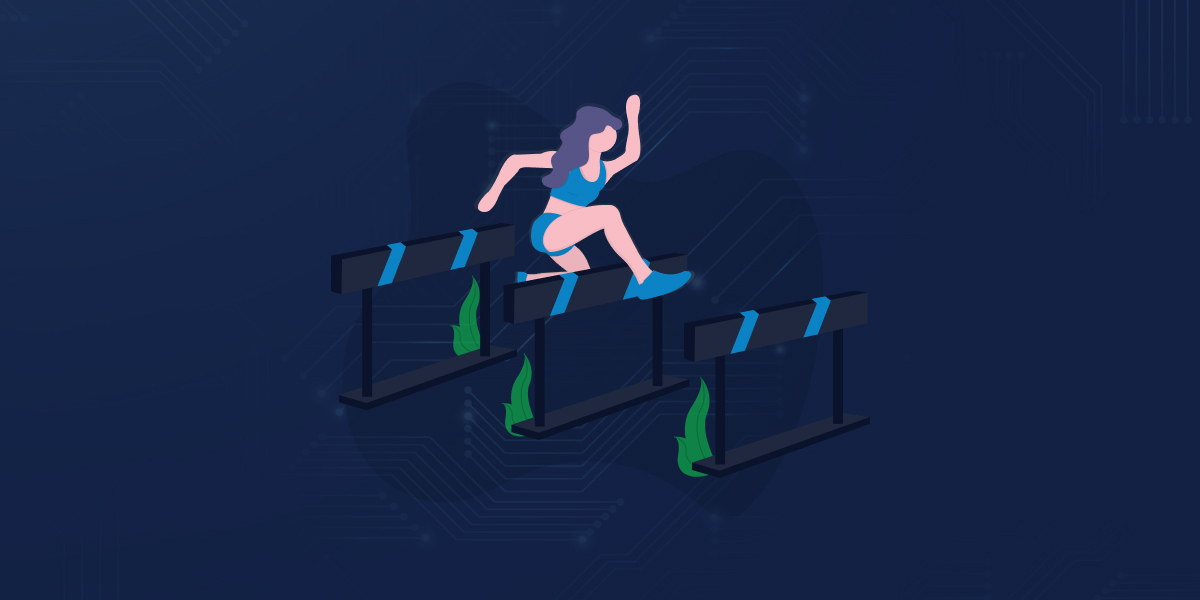
While incorporating AI into your Google Ad campaigns can bring significant benefits, it's important to be aware of the challenges that may arise. Here are some key considerations and potential hurdles you may encounter when using AI for your campaigns:
- Data quality and relevance: AI algorithms heavily rely on the quality and relevance of the data they receive. If your data is incomplete, outdated, or inaccurate, it can negatively impact the performance of AI-driven tools. Ensure that your data is clean, well-organized, and up-to-date to maximize the effectiveness of AI-powered insights and optimizations.
- Algorithm biases: AI systems can inadvertently amplify biases present in the training data. If your data is biased or lacks diversity, it can lead to biased outcomes in ad targeting or content generation. Regularly review and analyze the performance of your AI models to ensure fair and unbiased results. Strive to provide diverse and inclusive training data to mitigate the risk of perpetuating biases.
- Adapting to algorithm changes: AI algorithms and platforms continuously evolve, and their performance can change over time. Stay updated with the latest advancements in AI technology, algorithm updates, and best practices in Google Ads. Be prepared to adapt your strategies and tactics accordingly to ensure optimal campaign performance.
- Privacy and data security: AI relies on collecting and analyzing large volumes of user data to generate meaningful insights. Ensure that you adhere to data protection regulations and prioritize user privacy. Implement robust security measures to safeguard the data you collect and maintain transparency in how you handle user information.
- Lack of domain-specific knowledge: While AI algorithms can process and analyze vast amounts of data, they may lack domain-specific knowledge or contextual understanding. It's crucial to combine AI-driven insights with your own marketing expertise and industry knowledge to make informed decisions. AI should be seen as a powerful tool that augments your abilities rather than a complete replacement for human judgment.
- Over-reliance on automation: While AI-powered automation can streamline processes and improve efficiency, it's important to strike a balance and not solely rely on automation. Human oversight and intervention are necessary to monitor and fine-tune AI-generated content, ad targeting, and bidding strategies. Regularly review and optimize your campaigns to align with your evolving marketing goals.
- Cost considerations: Building or implementing AI tools and technologies may come with additional costs. Evaluate the potential return on investment (ROI) and assess whether the benefits of using AI outweigh the associated expenses. Consider starting with accessible third-party AI tools before investing in more advanced or custom AI solutions.
By acknowledging these challenges and proactively addressing them, you can maximize the benefits of AI for your Google Ad campaigns while mitigating potential risks. Embrace AI as a tool to augment your marketing efforts and combine it with your own expertise to achieve optimal results.
Unlocking the Power of AI in Your Marketing
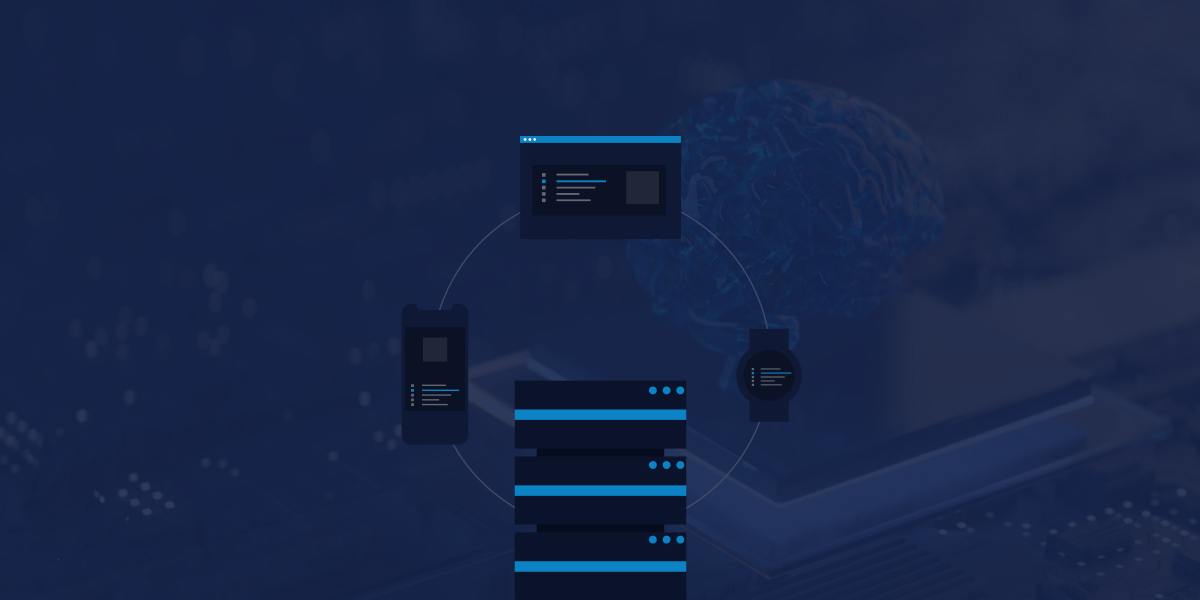
Congratulations! You've just scratched the surface of what AI can do for your Google Ad campaigns. We've explored the incredible possibilities that AI brings to the table, from understanding human language through NLP to generating fresh content with Generative AI. It's been an exhilarating journey, hasn't it?
But here's the exciting part: AI is just getting started. We're witnessing the dawn of a new era where AI will become increasingly prevalent in marketing and advertising endeavors. As technology continues to advance, AI tools will become more sophisticated, enabling marketers like you to achieve even greater success.
Think about it: the ability to analyze customer sentiments on a large scale, craft highly-tailored ad copy that resonates with your target audience, optimize keyword research, and precisely target specific customer segments—all with the help of AI. It's a marketer's dream come true!
So, what's next? It's time for you to start learning and embracing AI in your marketing strategies. The earlier you hop on board this AI-powered train, the more you'll benefit from its transformative potential. By incorporating AI into your campaigns, you'll gain a competitive edge and unlock new levels of growth and success.
If you're feeling a bit overwhelmed or unsure where to start, don't worry. We're here to help. Our experienced team specializes in using AI for advertising, analytics, and other marketing nuances, and we're passionate about helping you succeed. With our expertise, we can tap into the incredible power of AI to drive impressive results on your behalf.
Remember, the future is here, and AI is leading the way. Embrace it, leverage it, and watch your marketing soar. The possibilities are limitless when you harness the power of AI in your marketing, and we're excited to help your campaigns shine like never before.

